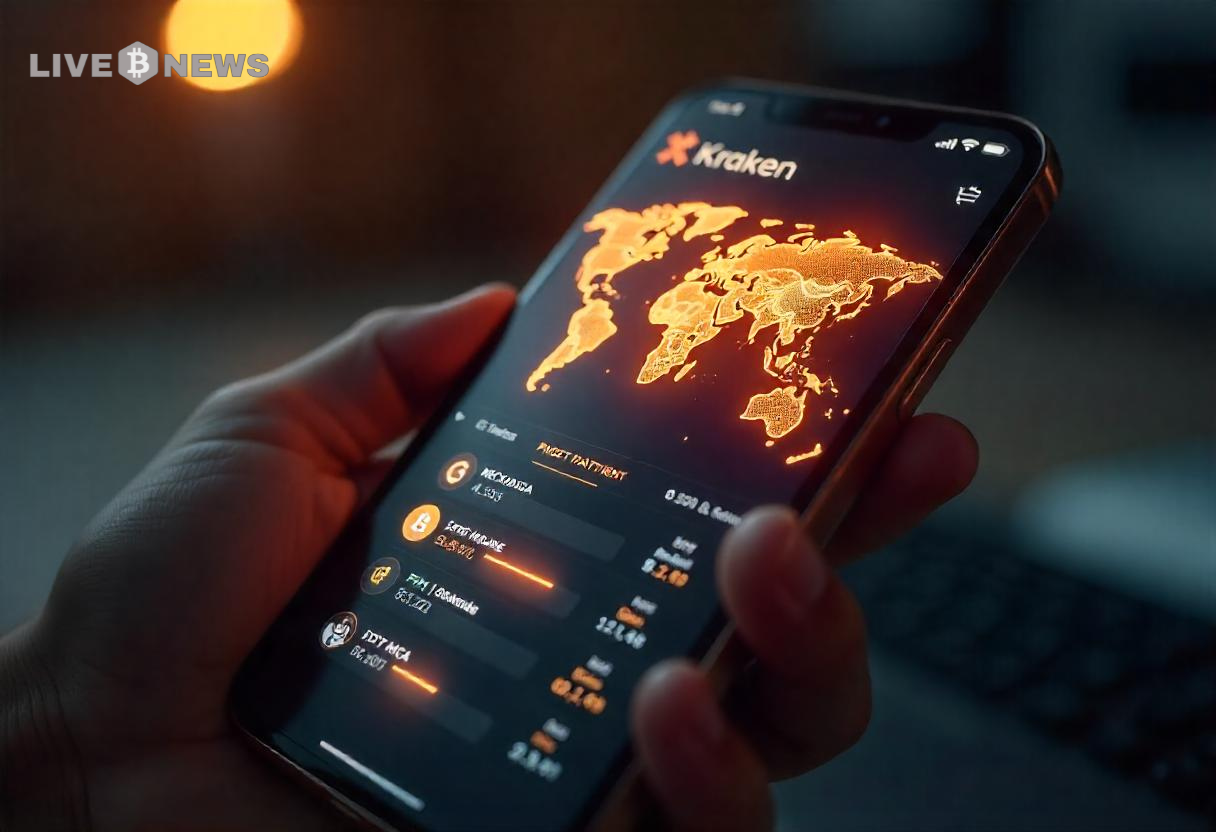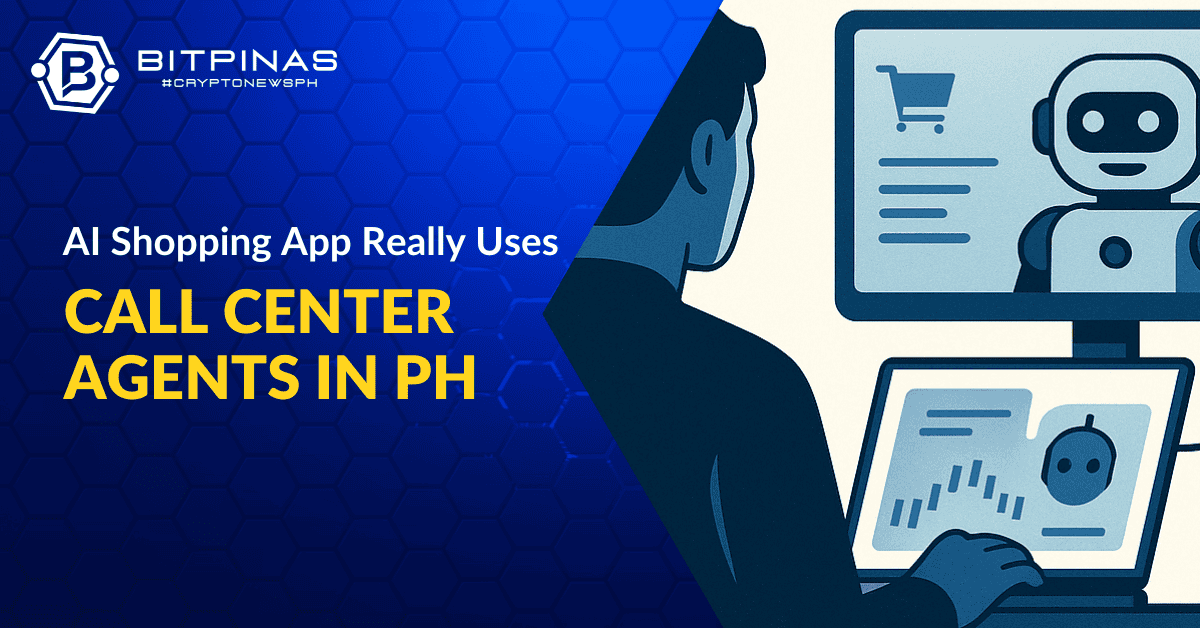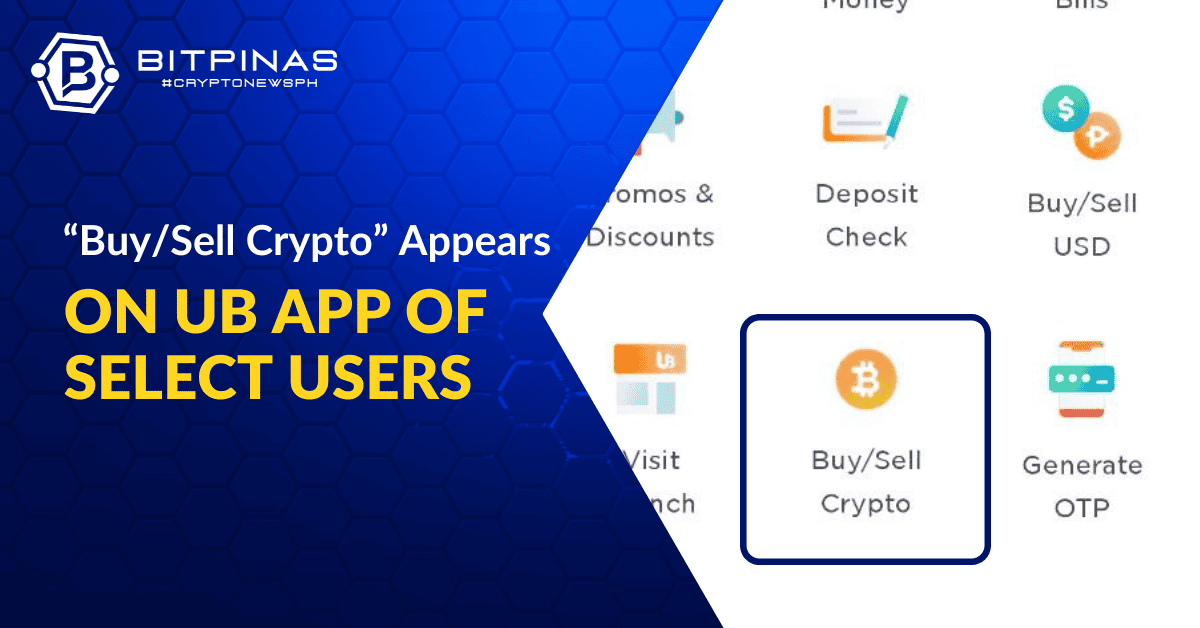- Kraken launches Krak, a borderless P2P app to send fiat and crypto worldwide.
- Krak app lets users earn rewards on 20+ digital assets while spending and saving.
- Kraken aims to challenge traditional banking and make money flow as freely as information.
Kraken, a leading crypto exchange, has launched a new peer-to-peer (P2P) payments app called Krak. This app allows people to send both fiat money and cryptocurrency across borders. The launch reflects the intention of Kraken to expand its services beyond crypto trading.
Krak App Taps Into $8B Cross-Border Payments Market
Kraken noted that Krak app will enable people to spend, save and earn effortlessly. Rewards will be achieved on over 20 digital assets that users can access. This is significant since the United States alone will exceed the amount of $8 billion dollars in the cross-border payments industry.
Krak app is designed in the digital-first world. It partially takes the liberties of cryptocurrency combined with characteristics understood by people in traditional finance. Users can handle more than 300 varieties of crypto and fiat assets using a single location. This renders Krak app equivalent to a digital wallet and bank account in one package.
Co-CEO Arjun Sethi of Kraken mentioned that they developed the Krak app since the existing financial system is outdated and sluggish. According to him, the time has come to transform the way people distribute their money, the amount they spend, and how they save. He thinks that the app will be able to restore a significant stratum of the world economy.
Krak app is an application based on crypto innovation, but enjoys close relationships with payment partners and banks. This simplifies and secure the trust of people in the app. Individuals are able to remit funds to relatives abroad, deposit their finances or consume them on consumer goods.
The Krak app will possess some significant features upon launching. To begin with, there will be P2P payments. This implies that individuals are able to transfer money to fellow users of Krak app in 110 countries. People do not have to know the details of their bank accounts or their crypto wallets. It is quite easy to send money or request it.
Krak Set to Challenge Traditional Banking Models
Meanwhile, Krak will have special spend and earn accounts. People will be able to pay and get rewarded simultaneously. No hidden fees, no minimum deposits, no subscription cost. Initially, individuals will be able to receive interest on the stablecoin balance such as USDG to the tune of 4.1%. They also get an opportunity to earn up to 10 percent on more than 20 other digital assets.
Kraken has more plans for Krak in the future. The firm will introduce Krak cards. These cards, paper and online, will enable the individuals to use their cash at millions of stores all over the globe. Customers have an option of spending online or in brick-and-mortar stores in crypto or fiat cash.
In addition, other service offerings to be offered by Kraken are lending, loans, and credit card programs. People will be able to have more choices in how they handle their money since all these services will be available in one place.
Sethi said that everyone should enjoy the basic financial services. He feels that money must flow freely like information. Further, he added that the app is the first stage in a larger strategy to enable people to manage their money, wherever in the world they happen to be.
Krak, in turn, is going to offer Kraken an opportunity to question traditional approaches to banking and open the door to financial freedom to everyone.







